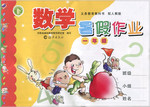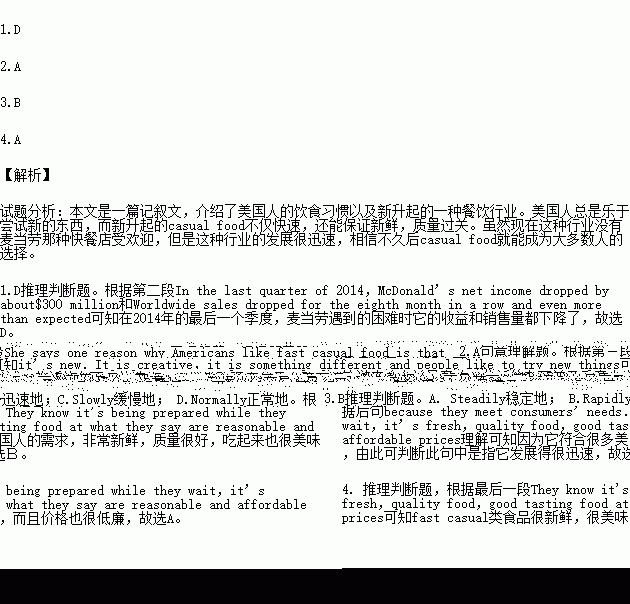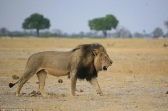题目内容
Shake Shack is a new kind of restaurant becoming more popular in the U S.The restaurants are not“fast food.”They are known as“fast casual.”
Observers say Americans want more choices and fresh food when choosing where and what to eat.This trend is one reason why the fast food restaurant McDonald’s has struggled financially.In the last quarter of 2014,McDonald’s net income dropped by about$300 million.The January earnings report brought more bad news.Worldwide sales dropped for the eighth month in a row and even more than expected.While McDonald’s is struggling to get their customers back,Shake Shack,is doing well in making money.The New York-based burger chain had a very successful IPO,or initial public offering,of shares at the end of January.On its first day of trading,Shake Shack went from$21 a share to just under$46 a share.Being part of the“fast casual”trend has helped Shake Shack.Other fast casual restaurants in the U.S.include Chipotle and Panera.
Bonnie Riggs,a restaurant expert with NPD has studied Americans’restaurant habits for almost 30 years.She says one reason why Americans like fast casual food is that it’s new.It is creative,it is something different and people like to try new things.Her study shows Americans made 61 billion visits to restaurants last year.Three out of four visits were to fast food restaurants,like McDonald’s.Fast casual is still a small percentage of restaurant visits,but it has developed fast.Just as Ms.Riggs says,“It’s growing by leaps and bounds,because they meet consumers’needs.They know it's being prepared while they wait,it’s fresh,quality food,good tasting food at what they say are reasonable and affordable prices.”
Many Americans still like their fast food.They just are not going as often.They are finding other ways to have a meal.
1.What is the trouble with McDonald’s?
A.Its share goes down to$21.
B.Shake Shack has taken its place.
C.It’s not popular with Americans.
D.Its sales and income have dropped.
2.We can learn from Bonnie Riggs that Americans____________.
A.1ike to try something new
B.care only about the quality
C.don’t like fast food any more
D.pay more restaurant visits to fast casual
3.What does the underlined phrase“by leaps and bounds”in Paragraph 3 mean?
A.Steadily. B.Rapidly.
C.Slowly. D.Normally.
4.Which of the following best describes fast casual?
A.Fresh-made and tasty.
B.High-quality and expensive.
C.Farm-to-table and traditional.
D.Time-consuming and special.
 暑假作业海燕出版社系列答案
暑假作业海燕出版社系列答案

